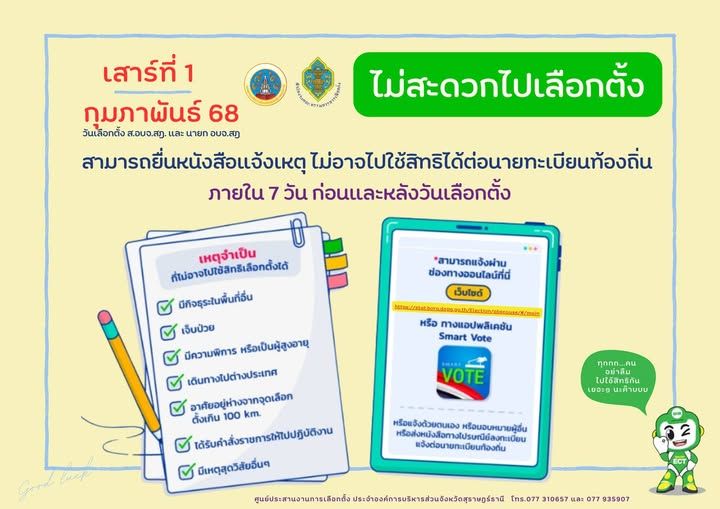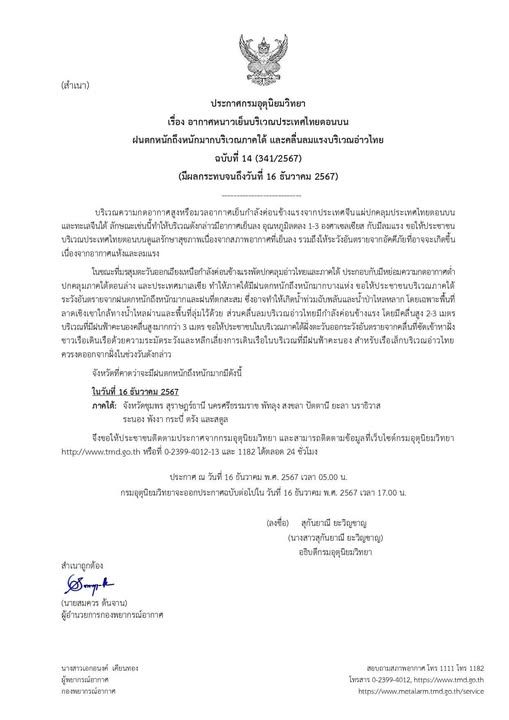Thailand’s Prime Minister sees the weak baht as an opportunity to boost exports and tourism, despite potential economic drawbacks. Travel to Thailand and experience the benefits of a weaker currency. #Thailand #travel #tourism #economy #currency #exports #Baht #BankofThailand
The Upside of a Depreciating Currency
As the baht weakens to an 11-month low against the US dollar, Thailand’s Prime Minister and Finance Minister, Srettha Thavisin, provides an optimistic outlook on the economic impact. Although the depreciation has negative consequences on the price of imported energy, Mr. Thavisin argues that it also has some benefits for the country’s exports and tourism sectors.
Boosting Exports and Tourism
According to Mr. Thavisin, the weak baht is advantageous for both exports and tourism, which usually account for 50% and 20% of Thailand’s GDP, respectively. A depreciating currency lowers the cost of Thai goods and services for foreign consumers and tourists, making them more attractive and accessible. Consequently, this increases demand for Thai products and encourages visitors to choose Thailand as their vacation destination.
Central Bank Monitoring
Despite concerns surrounding the weak baht, Prime Minister Thavisin assures the public that there is no need for government intervention in the matter. The Bank of Thailand is closely monitoring the situation and taking appropriate measures to manage the currency’s value. The central bank’s role in maintaining financial stability is crucial, and it is equipped to handle the challenges posed by currency fluctuations.
The Downside: Imported Energy Costs
One of the primary concerns associated with a weak baht is its impact on the price of imported energy, such as oil and other related costs. Thailand relies heavily on imported energy, making the country vulnerable to the effects of high prices in the short term. While Mr. Thavisin acknowledges this issue, he emphasizes that there are limited options available for the nation to mitigate the negative consequences in the short term.
Defense Budget Rumors Dismissed
Addressing rumors about the government’s policy to cut budgets for “unnecessary” projects, Mr. Thavisin denies that the Defense Ministry is being specifically targeted. Speculation had arisen that the Prime Minister had halted armed forces spending for the 2024 fiscal year. Mr. Thavisin clarifies that all projects are under review, and no specific department is being singled out for budget cuts.
In Summary
The weakening baht presents both challenges and opportunities for Thailand’s economy. While the depreciation has led to increased costs for imported energy, it has also provided a boost to Thailand’s exports and tourism sectors. The Bank of Thailand is closely monitoring the situation, and the government denies any specific targeting of defense spending cuts amidst the economic challenges facing the country.
Frequently Asked Questions
How does the weak baht affect Thailand’s exports and tourism industry?
As the baht weakens to an 11-month low against the US dollar, Thailand’s Prime Minister and Finance Minister, Srettha Thavisin, provides an optimistic outlook on the economic impact. According to Mr. Thavisin, the weak baht is advantageous for both exports and tourism, which usually account for 50% and 20% of Thailand’s GDP, respectively. A depreciating currency lowers the cost of Thai goods and services for foreign consumers and tourists, making them more attractive and accessible. Consequently, this increases demand for Thai products and encourages visitors to choose Thailand as their vacation destination.
What is the role of the Bank of Thailand in managing the weak baht?
Despite concerns surrounding the weak baht, Prime Minister Thavisin assures the public that there is no need for government intervention in the matter. The Bank of Thailand is closely monitoring the situation and taking appropriate measures to manage the currency’s value. The central bank’s role in maintaining financial stability is crucial, and it is equipped to handle the challenges posed by currency fluctuations.
What are the concerns related to the impact of a weak baht on imported energy costs?
One of the primary concerns associated with a weak baht is its impact on the price of imported energy, such as oil and other related costs. Thailand relies heavily on imported energy, making the country vulnerable to the effects of high prices in the short term. While Mr. Thavisin acknowledges this issue, he emphasizes that there are limited options available for the nation to mitigate the negative consequences in the short term.




